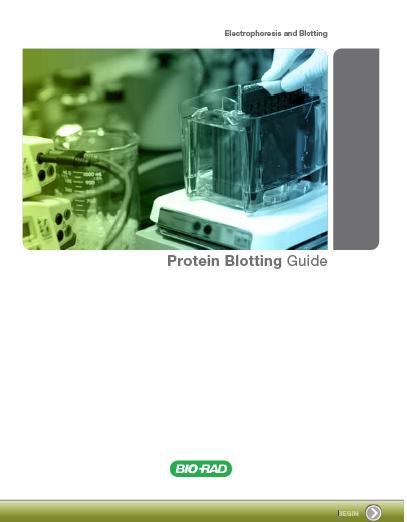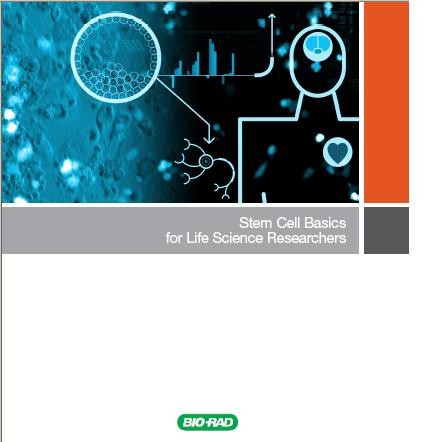To survive, tumors need blood supply to provide them with nutrients and oxygen. To get that supply, cancer cells stimulate new blood vessel growth—a process called tumor angiogenesis. Many attempts have been made to inhibit this process as a means to choke off tumors. But tumor angiogenesis can be sloppy, resulting in immature and malformed blood vessels. Since anti-cancer drugs are carried to tumors by the bloodstream, abnormal blood vessel development also hampers delivery. What if, rather than putting a stop to angiogenesis, we could help tumor blood vessels mature more completely, so tumor-killing therapies could more effectively reach their targets? This counterintuitive concept was proposed several years ago, but researchers lacked a way to do it. Now, in a paper published August 14 in the journal Cancer Cell, Sanford-Burnham researchers found a molecule that promotes the tumor vessel maturation process—a discovery that might provide a method for improving cancer drug delivery.
“Our finding suggests that an ability to regulate this molecule could allow us to solve various problems caused by blood vessel abnormalities, including inefficient drug delivery to tumors,” said Masanobu Komatsu, Ph.D., associate professor at Sanford-Burnham and senior author of the study.
Tags: angiogenesis, cancer research















